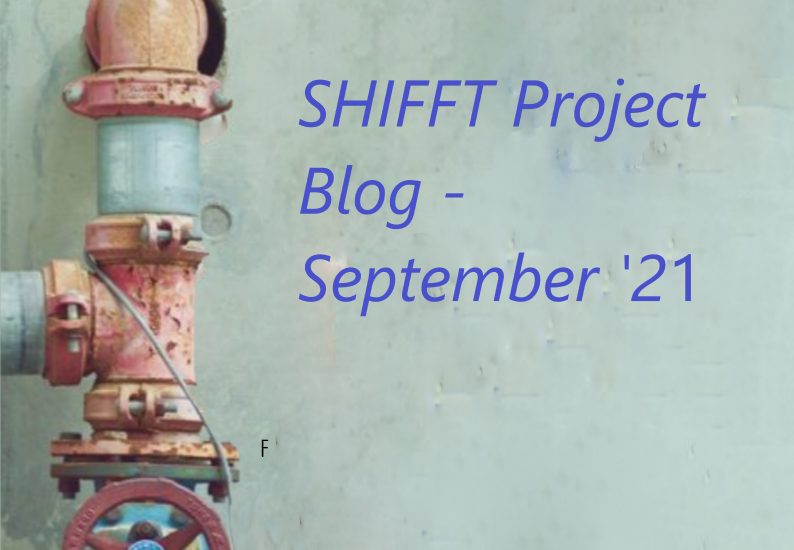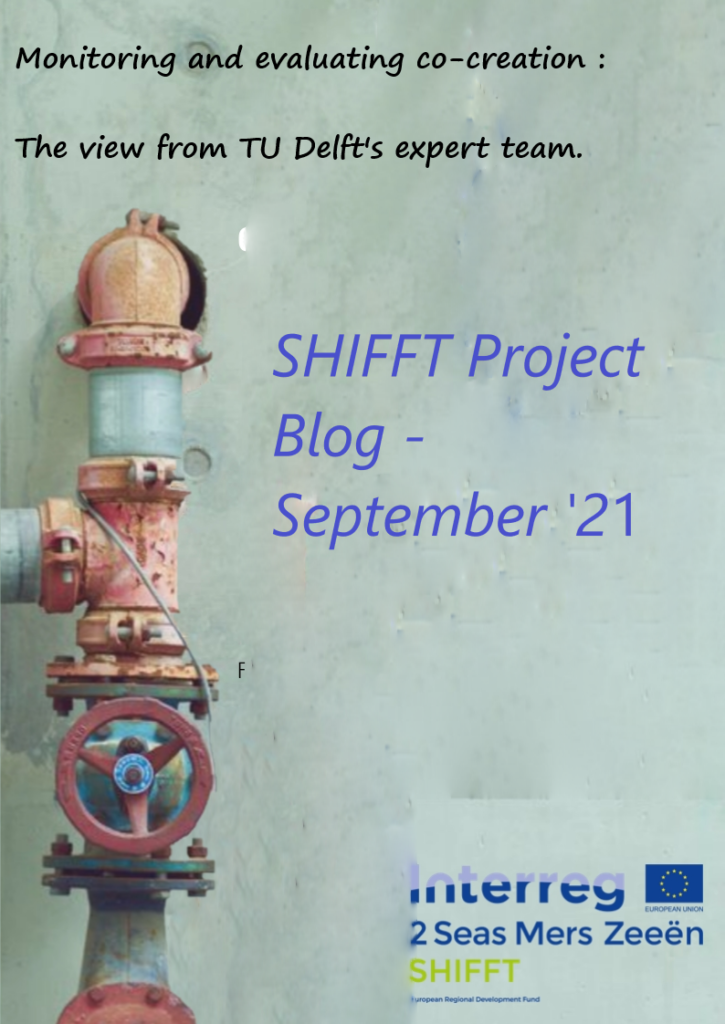In transitions to sustainable heating, to replace gas, coal and oil as heating sources, guaranteeing a fair process matters as much as place, price and technology. As a recent study concluded, process-based factors may be more important in shaping attitudes towards sustainable energy systems than the actual distribution of costs and benefits. Closer examination of existing participatory processes shows that a great number of public perspectives, often those of future generations and local communities are frequently not included in energy decision-making. To guarantee just heating transitions, more collaborative forms of engagement are required. This implies for government leaders to invest time to share authority, control and power over decision-making, which can be a challenge in the current environment.
Therefore, the SHIFFT project continuously monitors and evaluates their pilot projects on how they score in terms of their collaborative engagement. In a recent series of workshops we have asked (and continue to ask) our partners the following questions (amongst others):
- If you were learning about co-creation for the first time, what would be useful for you to know?
- Compared to other engagement processes, what’s different about co-creation?
- Under what conditions do your communities oppose (or support) the sustainable heating transition?
- How is citizen input being included in what you’re doing around sustainable heating?
- Is it influencing any plans or policies?
- How does co-creation help you towards the reduction of carbon emissions?
- What’s the ideal context/situation for co-creation success? What are its limitations?
- Knowing what you know now, how would you plan co-creation for another project?
What have we found so far?
First of all, being part of an European research project on co-creation does not mean naturally that there is sufficient administrative and political support in the municipality to follow through such a process. This means for the project partners to raise awareness and collect support for their co-creation approaches within the wider staff, the municipal council, up to the responsible alderman. Secondly, in contrast to one-off experiments, co-creation demands a continuous engagement, coordination and expectation management with local communities, energy collectives and citizens. This is time challenging to keep up for many of the participants, however, the more a co-creation process is institutionalized and the higher the diversity of motivated local actors, the greater the chance that a co-creation process is carried by many shoulders. We have observed synergy effects when the project partners were talking simultaneously to the relevant stakeholders, holding regular meetings and being responsive to the input of citizens. The exchange of information, the contribution of needs and ideas, and the level of perspective change can be much higher than through other ways of engagement.
At other places we have found that neighborhoods with an already active energy collective or a community that is active in sustainability events can be an ideal partner to initiate a co-creation process that can spark throughout the neighborhoods and reach those that are less involved. Moreover, if heating policy is linked to job creation policy or other co-benefits, it can not only link both job creation and skill training issues, but also generate support for sustainable heating in more conservative camps.
Co-creation is a continuous learning process, and knowingly, many involved attach their own interpretation to what co-creation is. Additionally, difficulties that are mentioned in many places point to the fact of not being able to interact face to face but also to the challenge to measure the direct impact of co-creation on behavioral change and the reduction of carbon emission. That is why we begin to track these changes more closely in all the pilot projects, gather more empirical data in order to be able to answer these questions more profoundly at the end of the SHIFFT project.



